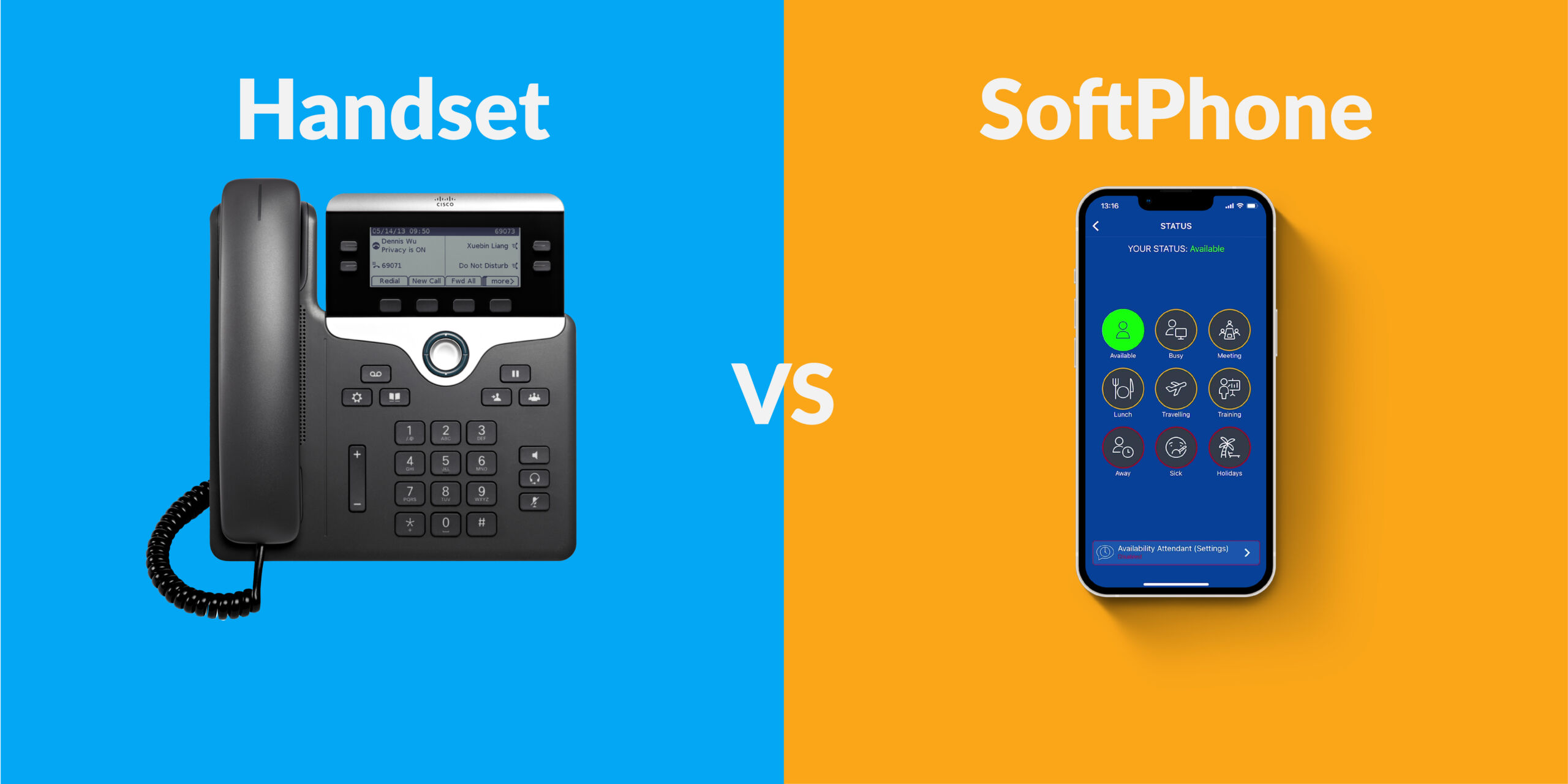VoIP Archives | Greenlight Telecoms
Turnover up by 50% in first half 2024 in Greenlight Telecoms
In a turbulent market for telecoms providers Greenlight Telecoms has seen over 50% increase in turnover in the first half of 2024 compared to the same period last year. This exceptional performance has been driven by two key product lines: Resilient Broadband and VOIP Teams integration solutions. Greenlight Telecoms is working with several new multi-site clients to implement dual feed internet services with dual routers in failover with the goal of achieving zero downtime and maximum productivity on site. With most data now in the cloud, reliable internet connectivity is a vital factor in business success and resilient broadband is a low-cost way to maximise productivity. Most Greenlight Computers clients have M365 Teams and integrating VOIP using softphone technology is helping clients remove legacy infrastructure. Functionality, flexibility and reliability are delivered at a fraction of the cost of the old analogue phone systems. The increasing use of softphone functionality provides “work from anywhere” flexibility for busy people. A common customer theme has been the deployment of VOIP Teams integrated telephony, creating spare budget to fund the move to resilient broadband. The same OPEX costs but a greatly improved IT infrastructure. As the Telecoms market converts from analogue to digital Greenlight Telecoms is getting stronger, we have no legacy to protect, no need for restrictive contracts! Our success is based on providing quality solutions to business challenges. Greenlight Telecoms is a division of Greenlight Computers Ltd a leading provider of IT Managed Services to the Life Science & Healthcare sector.








